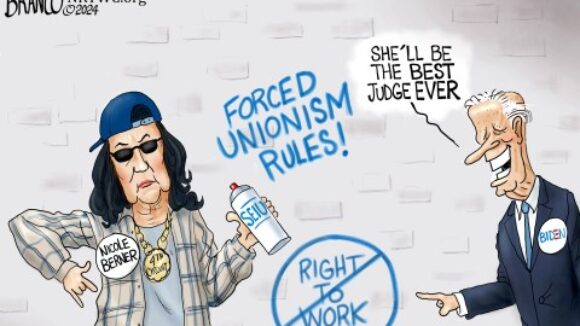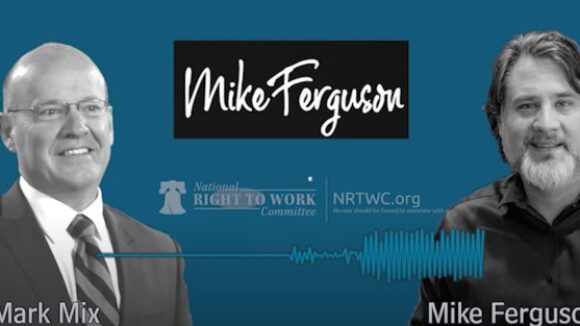With Washington State quickly developing a reputation as a big labor fiefdom, SEIU boss Andy Stern has set his sights on the Evergreen State in his effort to limit the state’s investment in private equity companies.
The Wall Street Journal notes:
The SEIU recently filed a citizens initiative to the Washington legislature to limit the state’s investment in private equity companies. Under the proposed SEIU-drawn rules, the State Investment Board, which manages $62 billion in public pension money, would be required to consider certain “societal criteria” before it could invest in the likes of Kohlberg Kravis Roberts or the Carlyle Group.
On the SEIU political checklist are a private equity firm’s “lack of transparency, poor employment practices, environmental impacts and other indicators of irresponsible corporate behavior.” The Investment Board would also have to encourage private equity to comply with the SEIU’s vision of “corporate responsibility.” That means firms would have to release data on revenues, taxes, and executive compensation, provide “living wages and benefits,” recognize a “collective bargaining representative” at each portfolio company, and mitigate “climate risk,” which is to say be politically correct on global warming. The Investment Board itself would also have to “support changes to tax laws that eliminate unfair advantages” to private equity, and more.
In other words, Washington state pension funds would for all practical purposes be barred from investing in private equity. State Investment Board Executive Director Joe Dear concluded as much when he told a local newspaper that “No private equity firm that we want to do business with will do business with us under these terms.” He predicted this would “cost taxpayers and beneficiaries millions in higher taxes and contributions.”
And he has the data to prove it. Nearly $14 billion of Washington’s investments are in private equity, which has provided returns of 12.6% over the past decade, compared to 7.9% for pension holdings as a whole. Barring private equity would “destroy our ability to invest in our highest-returning asset class,” said Mr. Dear. The losers would be union pensioners who depend on those returns for retirement income.
Mr. Stern’s real agenda here is to coerce private equity firms into giving his union a free hand in organizing workers at their portfolio companies. Having failed to organize those workers in elections, or to negotiate unionization deals with private equity management, Mr. Stern is now seeking political retribution. His strategy is to demonize the industry in public and promote damaging legislation until the companies give in. . . .
Investment boards should be focused in on one goal — achieving the best return for investors and taxpayers possible. Playing Big Labor politics with seniors’ retirement funds is a recipe for disaster.


